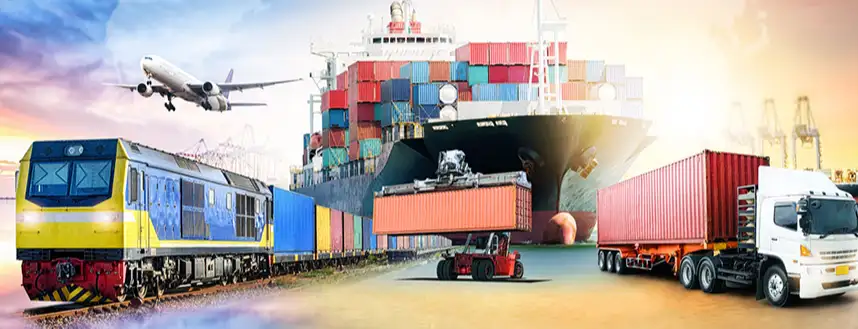Hey, I am your bank buddy IMBA and I want to tell you all about Trade Finance today, and along the journey, I hope this helps your business. Trade finance can be for any business that has a finance gap, between providing goods and services and actually receiving the final payment. Around 80% – 90% of world is reliant on trade and supply chain finance which is estimated to be around 10 Trillion dollars a year.
At I&M Bank, we can help your business with all the support your business needs to grow. So what do we offer? In a nutshell, we offer Letters of Credit and Letters of Guarantee which are two of the most common trade finance products used across the globe: Other services under Trade finance include, Bonds, Documentary Collections (Import and Export) Bill Avialization and invoice discounting etc
I want to explain some of the concepts behind trade finance. So how does it work? A trade finance transaction requires:
Goods and services, A buyer, A lender, such as I&M Bank who would come in and fund this trade and A seller
Trade finance is relevant where a seller requires the buyer to prepay for goods that are to be shipped while the buyer wants to reduce their risk by asking the seller to document that the goods have been shipped. I am going to show you how a simple trade finance deal could work, although there are many different forms of trade finance:
Let’s assume, your business deals in toys for children. You as the buyer (in Kenya) agree to purchase the toys from the seller who is in ChinaThe buyer in this case (your business) will approach the lender and you will then agree terms with the lender after which the lender will pay the seller upon shipment of the toys.Once you receive the toys and sell to your customers, you will then repay the lender on the due date. It is as simple as that!
So, if your business purchases/imports goods from abroad, you might use trade finance facility to mitigate and reduce your risk. I&M Bank can assist you with bridging this financial gap and take on the responsibility to ensure the trade is safe, effective and secure. These include, controlling some financial elements on the trade, keeping a close eye on the trade cycle throughout the transaction and ensuring the security of goods.
If you are wondering how your business will benefit, see below:
It will improve operational efficiencies and cash flows, increased revenue and earnings.It will help remove the supply risk from you as the buyer and payment risk for the exporterProtects both your business and the seller from the inherent risks present in international trade. These unique risks related to currency fluctuations, political stability, issues of non-payment, or the creditworthiness of parties involved.It allows you to produce more working capital and improve the management of cash flowYour company will be able to full fill large orders that would usually not be possible which will allow you to achieve higher profit margins because the facility allows both buying of products and advance payment which can be great for economies of scale.Relationships between your business and the seller is strengthenedYour business will be more efficient and competitive in the marketThere will be fewer bad debts, late payments from debtors, excess stock and this could all bring down the problems associated with demanding creditors.
Now that you know how trade finance works, lets see what lenders generally ask for? We generally find that having prepared the following, lenders can make a quick assessment and help your business get trade finance. Here is what you should be able to provide.
Audited financial statementsFull business planFinancial forecastsCredit reportsDetails and references of directors andInformation on assets and liabilities etc
Thanks for reading through. Let us know how we can grow your business.
Your bank buddy
IMBA
We Are On Your Side








